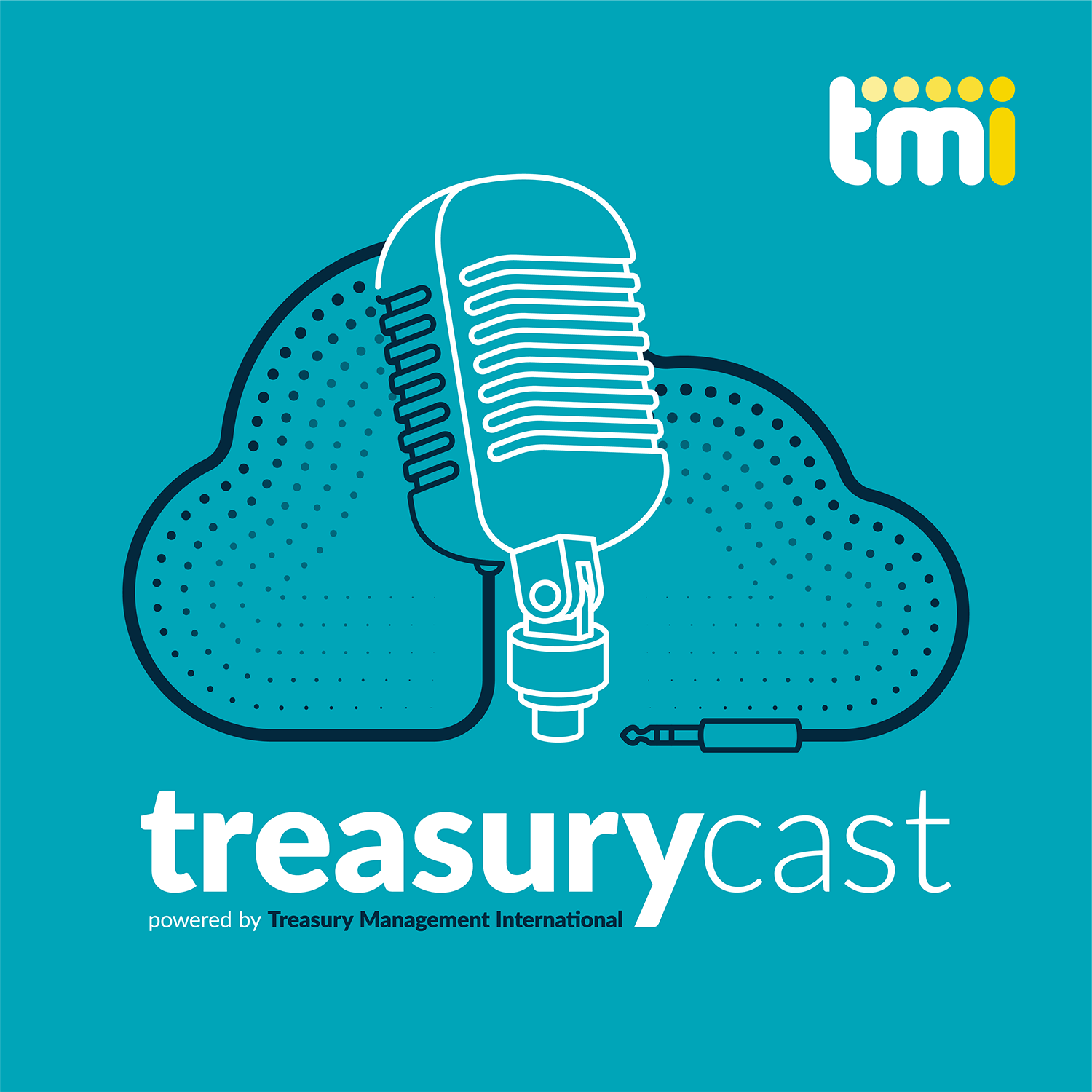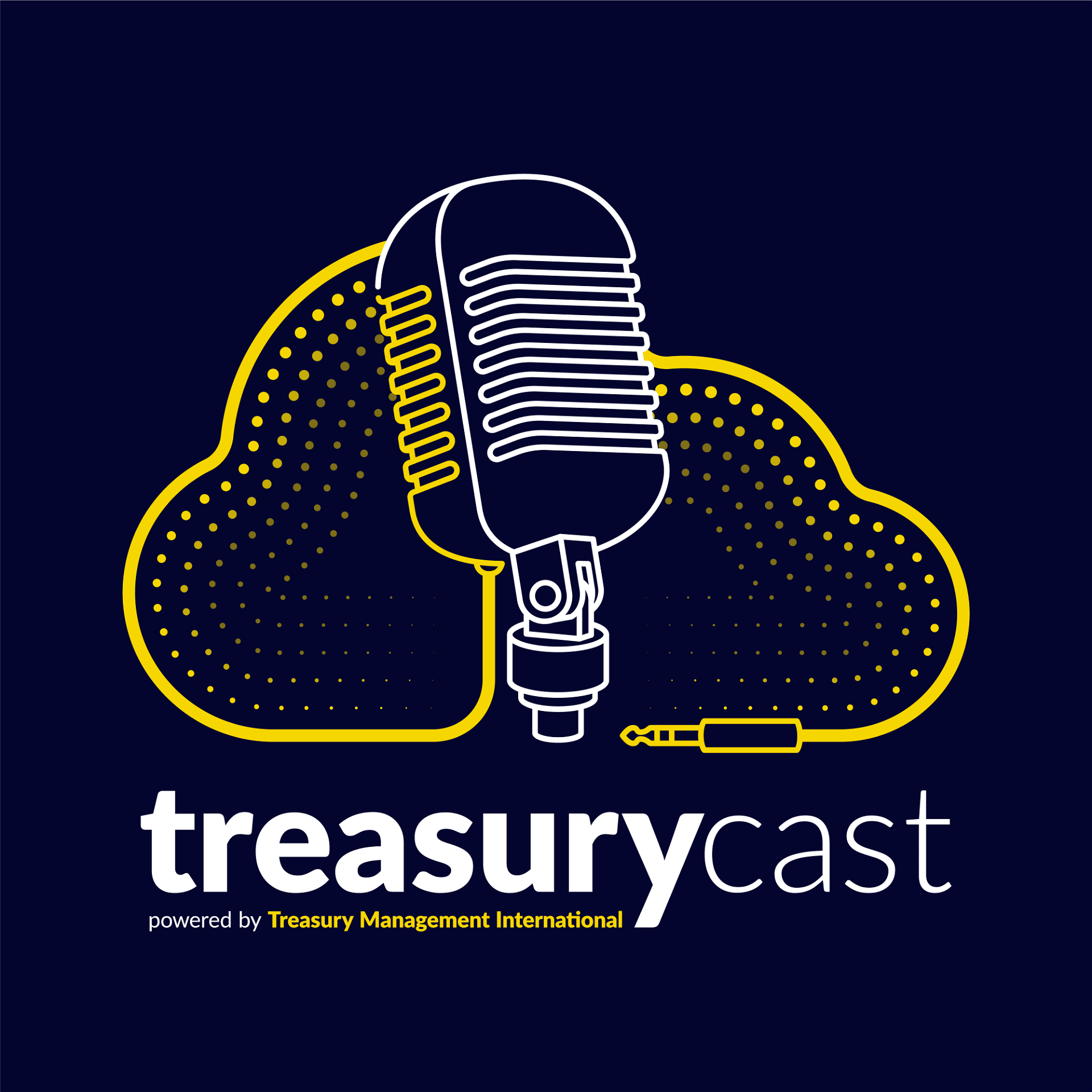By Benoît Desserre, Head of Global Transaction Banking, and Aurélien Viry, Global Head of Payments and Cash Management at Societe Generale
“Global treasury operations by essence are very complex. In a complex world like that, corporate clients need to work with partners that have the knowledge, experience and skills to support them. Large corporates conduct significant transactions and continue to rely on their banks as trusted advisers – despite the emergence of unregulated competitors, corporates have not moved away from the regulated financial institutions.”
Benoît Desserre, Head of Global Transaction Banking at Societe Generale
“Going outside the regulated world is not an option for Societe Generale and at present also not an option for corporate clients.”
Aurélien Viry, Global Head of Payments & Cash Management at Societe Generale
As market conditions such as negative interest rates and the evolution of oil prices add uncertainty to global treasury operations, corporates also face a myriad of geopolitical and operational uncertainties when considering their longer term strategy. The unclear impact of the new US administration on financing global treasury businesses, the unknown impact of Brexit, the uncertainty of taxation, new legislation and increased competition all add to the decision making challenge. Cybersecurity risk is a rapidly growing concern for larger corporates – are banks still the trusted advisor? What are the impact on the global treasury operations with the influence of new players?
- In the post-financial crisis environment as banks and other financial institutions have become subject to increasingly stringent regulations, alternative, unregulated players are emerging. The more regulated the banking industry has become, the more the unregulated world is growing. Financial regulators are beginning to recognise that the world outside the regulated environment is exploding and could become the next problem for them. They are slowly trying to bring the unregulated world into the regulatory remit.
- The initial goal of regulators to encourage innovation, new entrants and products, and improve the safety of the financial system was a legitimate response to the financial crisis. But an unintended consequence of the regulatory initiatives has been the emergence of a significant unregulated world. The treasurers are therefore faced with more difficult choices between safer banks solutions and some new services, potentially attractive, but however sitting outside the regulatory environment. Bitcoin is an example of a payment innovation, with an increasing number of people using it, but highly risky for a treasurer.
- The majority of unregulated payments are being transacted in the retail and small business world, mostly in the peer-to-peer and customer-to-customer environment. However, in the corporate payments world, there has not been the same shift to unregulated payments. This indicates that banks’ role as trusted advisers to their corporate clients remains solid and that corporates are reluctant to operate in the unregulated world. Banks should nevertheless remain alert to anything that will improve services for their corporate customers, for as long as they can comply with laws related to AML, CTF, sanctions. Corporate treasurers – particularly those at large multinational companies – face simultaneously new countless challenges. The UK exit from the European Union, the potential breakdown of trade arrangements such as the North Atlantic Free Trade Agreement (NAFTA), increasing competition and last but not least the growing threat of cyber-attacks that have the potential to disrupt treasury operations. Uncertainty is high and in such an environment, banks’ role as trusted adviser has never been more important.
- To retain their status as trusted advisers, banks must continue to massively innovate to stay ahead of the competition in the unregulated world. One area of focus should be protecting the bank and its corporate clients from cyber-attack. We are in an environment where attacks on all international payments systems including SWIFT will not diminish. Innovation, supervision and support tools will help to protect systems against attack.
Follow Societe Generale’s latest SIBOS news and expert views on their dedicated website.





